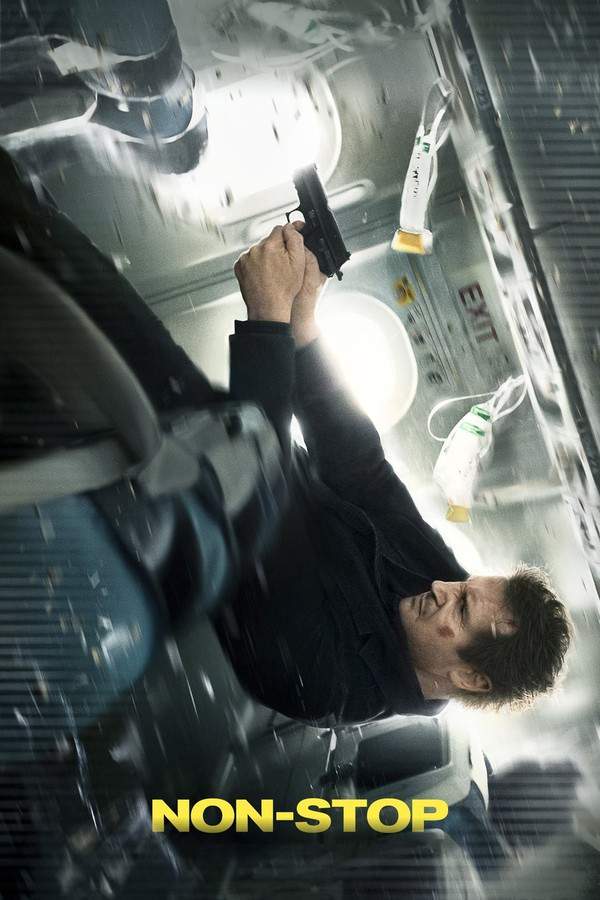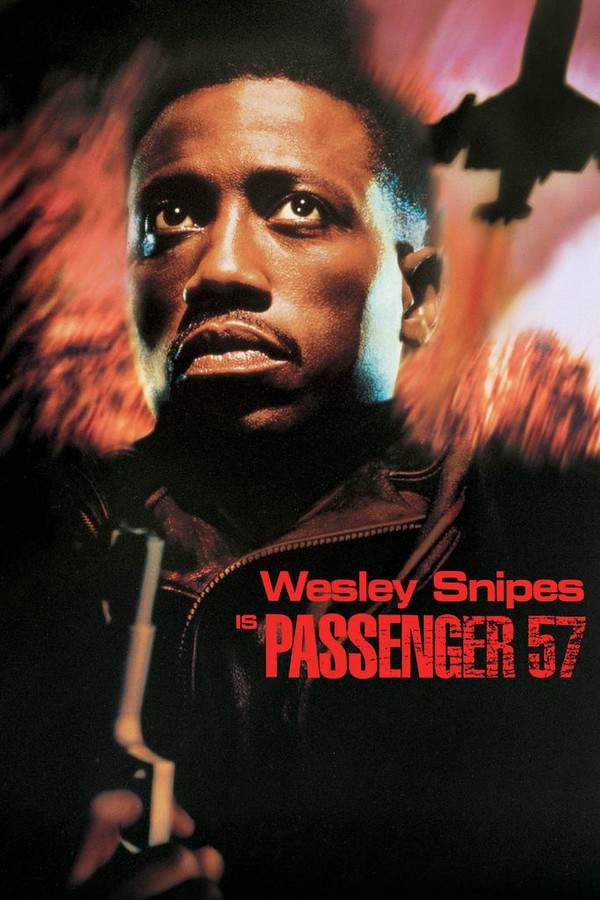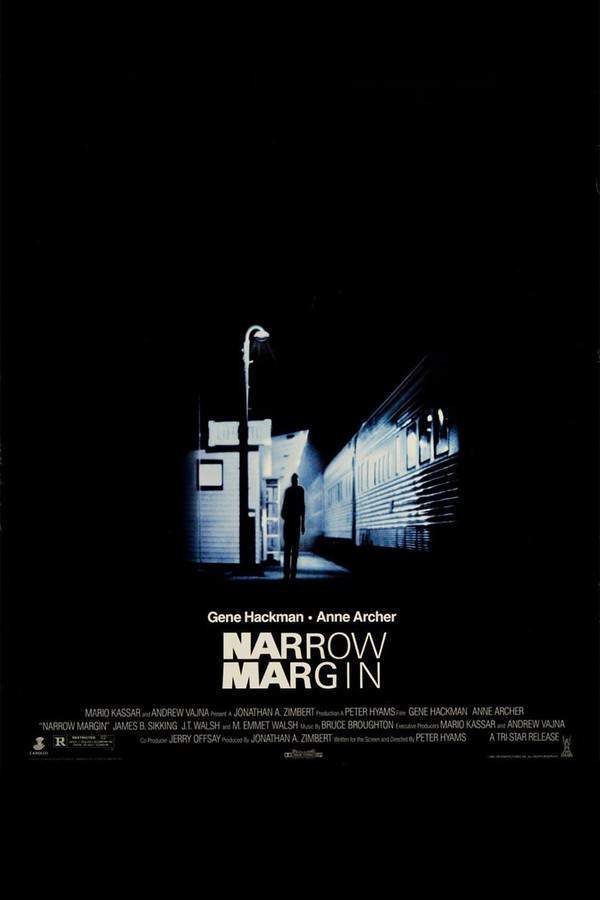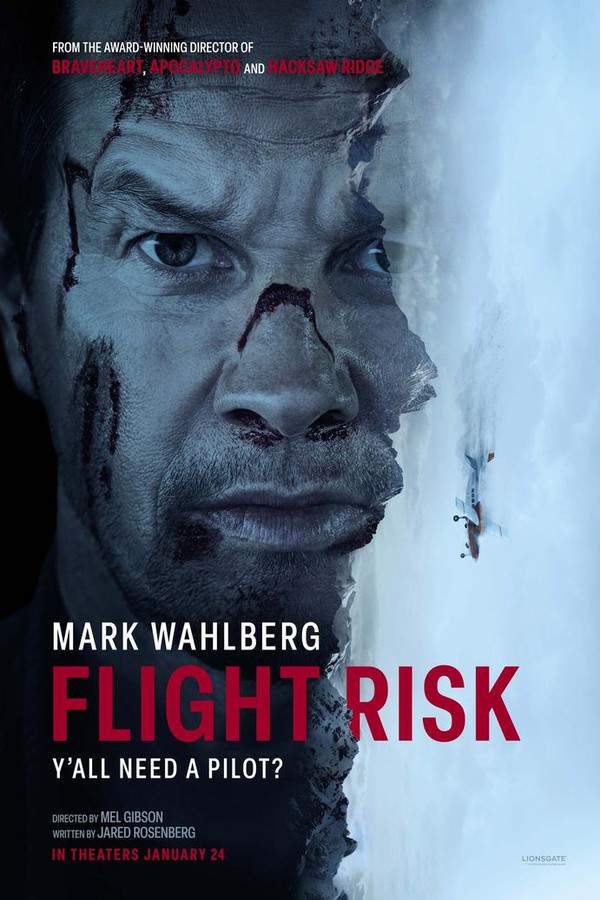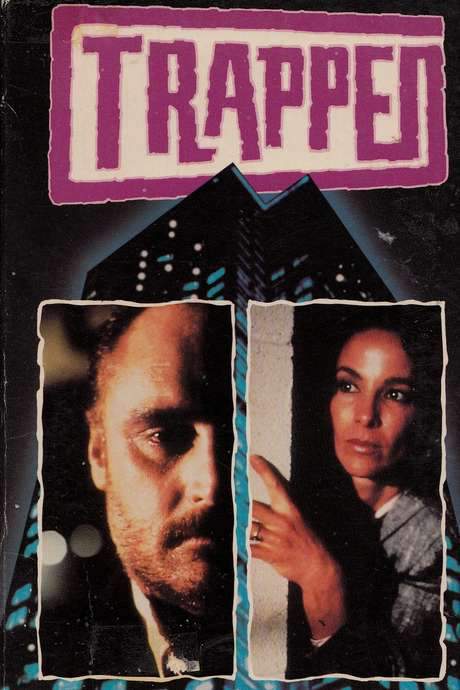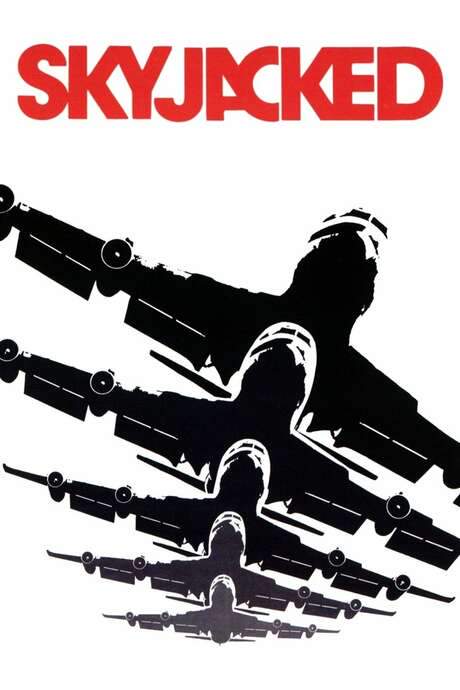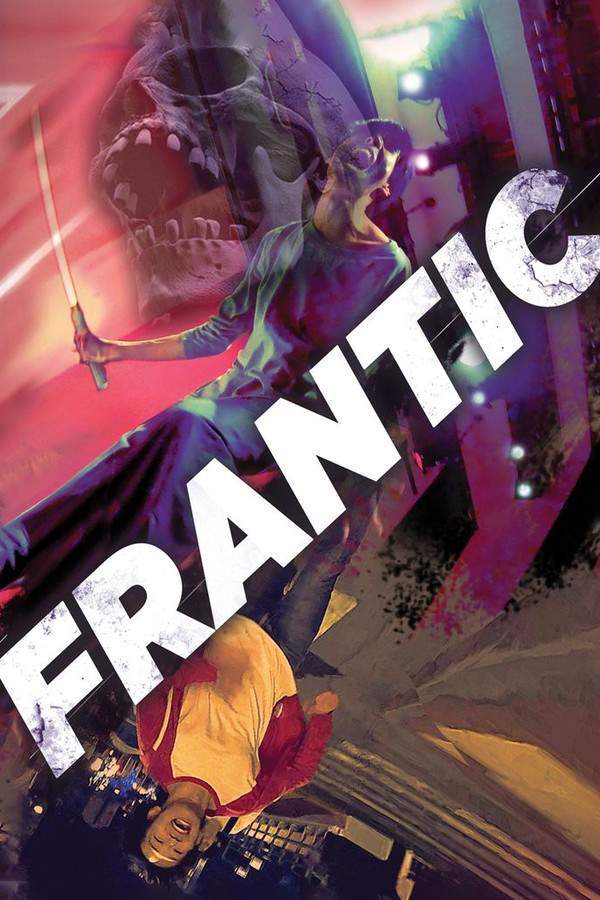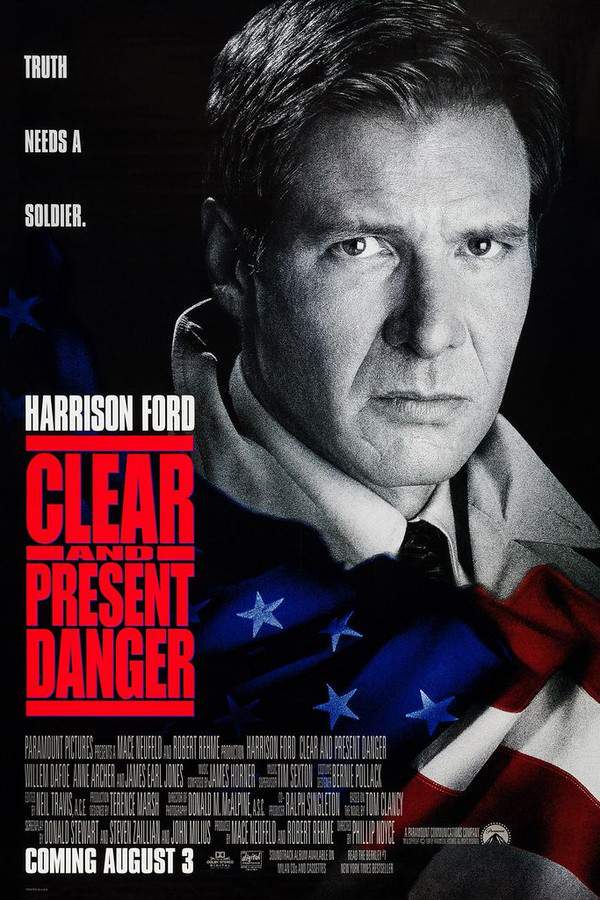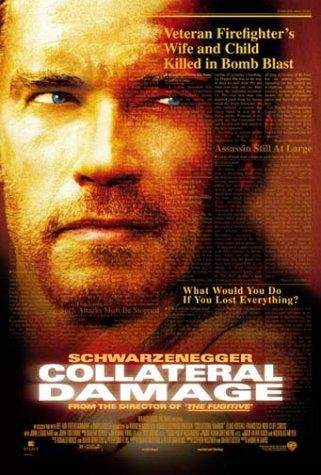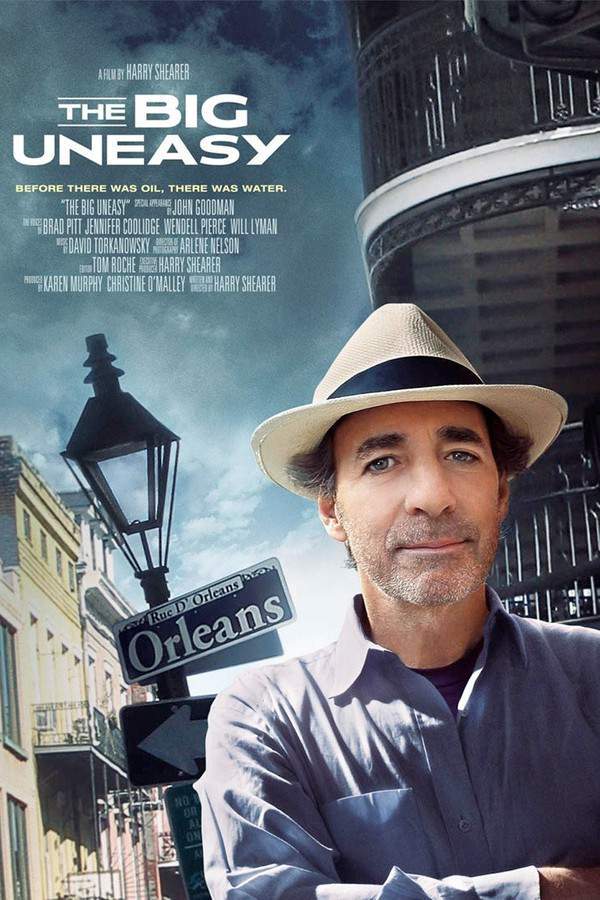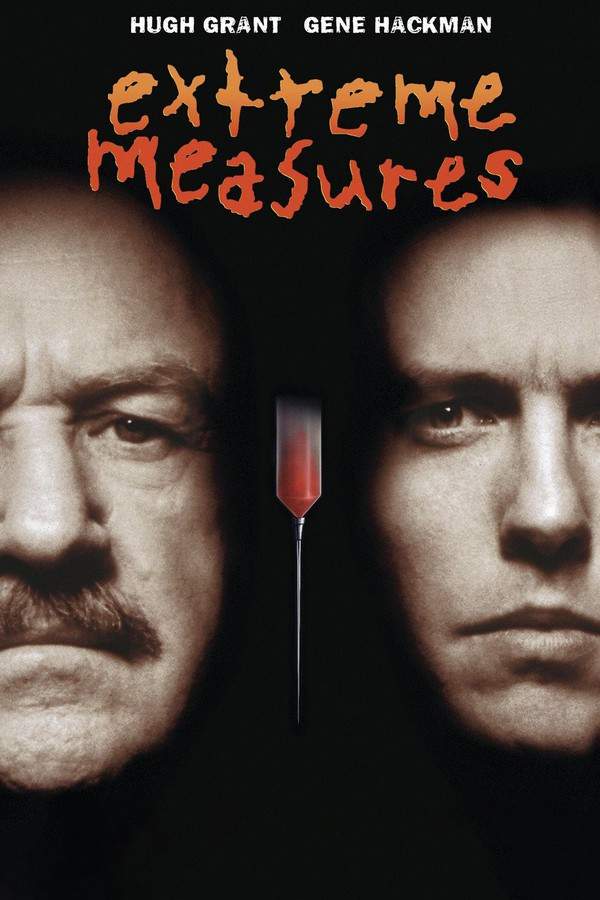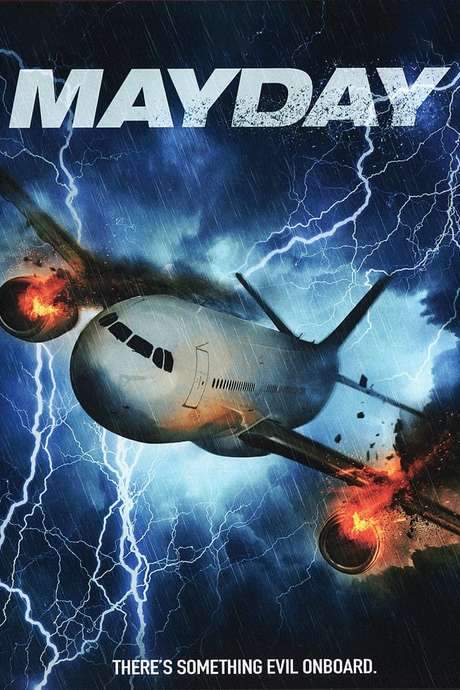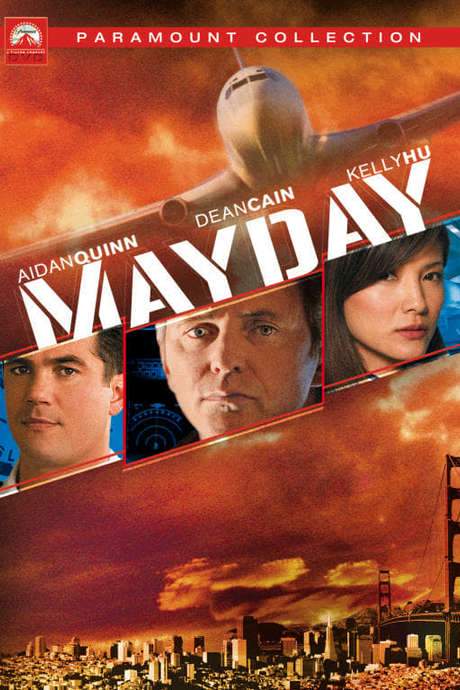
The Doomsday Flight
Year: 1966
Runtime: 100 mins
Language: English
Director: William A. Graham
A hijacker plants a bomb with an altitude‑sensitive trigger on a commercial airliner. He demands a ransom, warning the device will detonate the moment the plane begins its descent for landing. As the crew and passengers are held hostage, the pilot stays aloft while negotiators race to meet the ransom before the plane descends and the bomb detonates.
Warning: spoilers below!
Haven’t seen The Doomsday Flight yet? This summary contains major spoilers. Bookmark the page, watch the movie, and come back for the full breakdown. If you're ready, scroll on and relive the story!
The Doomsday Flight (1966) – Full Plot Summary & Ending Explained
Read the complete plot breakdown of The Doomsday Flight (1966), including all key story events, major twists, and the ending explained in detail. Discover what really happened—and what it all means.
At Los Angeles International Airport, a Douglas DC-8 airliner lifts off for New York, and the passengers settle into the routine of long-haul travel. Moments after takeoff, a chilling crisis unfolds as a mysterious caller, Edmond O’Brien as The Man, warns that a bomb has been placed on board and demands a ransom of $100,000 in small denominations. The threat is not a bluff, and the tone makes it clear that the danger is real. The crew is put on high alert as the flight crew, led by the experienced Chief Pilot Bob Shea, quickly pivots into emergency mode. Richard Carlson, the man behind the controls in the role of Bob Shea, decides to act decisively and ensure the safety of everyone on board.
To protect the passengers, Captain Anderson, played by Van Johnson, is instructed to circle around Las Vegas while the team conducts a thorough hunt for the hidden device. The search stretches through the cabin, the cockpit, and even the passengers’ hand luggage, with flight attendants and ground personnel assisting in the meticulous inspection. The crew members work under pressure, knowing that time is a critical factor and that every open suitcase or crevice could conceal the danger. The tension escalates as the aircraft continues its uneasy flight, with the possibility of misjudging a single detail threatening a catastrophic outcome.
Meanwhile, the bomber’s plan hinges on a precise mechanism: an aneroid, altitude-sensitive switch that will detonate the moment the aircraft lands or descends below a certain altitude. This grim detail adds a countdown quality to every decision made at altitude, turning standard procedures into life-or-death calculations. The investigators on the ground pull every thread, including airline security staff, local police, and federal agents, who begin to piece together the bomber’s psychology and the sequence of events that could trigger disaster.
As the flight crew intensifies its search, passengers become increasingly anxious. The idea of a hidden bomb creates a mounting sense of panic, and the airline’s operations room lights up with frantic activity as officials coordinate responses, manage communications, and prepare for possible emergency landings. The threat continues to evolve through a series of tense exchanges between the caller and law enforcement, with the caller providing increasingly specific instructions on how to deliver the ransom, all while the responders work to outmaneuver a strategy built around deception and fear.
The pursuit intensifies when a delivery van is spotted near the airport, and a police tailing maneuver begins. The van is involved in a high-stakes chase that ends with a serious accident and a subsequent fire on a ring road, testing the air security team’s resolve and resourcefulness. In a separate but related thread, the bartender at a nearby bar becomes a crucial witness as the caller seeks shelter and drinks away the mounting pressure. The bartender’s observations eventually become vital to the case, prompting the police to intervene and question him about the caller’s exact words and behavior.
In an important turn of events, the FBI’s Special Agent Frank Thompson, portrayed by Jack Lord, interrogates the bartender to extract a precise transcript of the conversation and to verify what was said. The investigative team discovers a critical operational detail: the bomb will explode if the airliner’s altitude drops below 4,000 feet, a revelation that shapes every subsequent decision about how to bring the aircraft down safely. With this new knowledge, Chief Pilot Shea makes a strategic call: to land the plane at Stapleton International Airport in Denver, Colorado. The higher altitude of Stapleton provides a safer window for the aircraft to touch down without triggering the device, and the flight crew prepares for what could be a life-saving landing.
The landing at Stapleton becomes a tense, carefully choreographed operation. The airplane touches down and is brought to a controlled stop, and the passengers and crew regroup in the airline’s operations center to monitor the situation as the investigation unfolds. The drama shifts to the moment of truth as investigators, pilots, and security personnel comb through every potential hiding place aboard the aircraft—nearly every compartment, every bag, every panel—seeking a clue that could avert a catastrophe.
In a final, almost anticlimactic twist, the bomb is discovered where it was least expected—the pilot’s chart case. This surprising discovery reframes the unfolding drama, turning a race against time into a procedural breakthrough that allows authorities to avert disaster. The sequence underscores themes of vigilance, cooperation, and the fragile trust between those who operate complex machines and the people who rely on them for safety.
Throughout the ordeal, the narrative threads are carried by a cast of characters who act with precision under pressure. The film interweaves the technical details of aircraft operations with human moments of fear, doubt, and courage. As the investigation closes in on the true source of the threat, viewers are reminded that danger can arrive from an unseen place, and that careful analysis, calm leadership, and timely decisions can mean the difference between disaster and salvation.
Last Updated: October 05, 2025 at 12:17
Explore Movie Threads
Discover curated groups of movies connected by mood, themes, and story style. Browse collections built around emotion, atmosphere, and narrative focus to easily find films that match what you feel like watching right now.
Ticking-clock confined thrillers like The Doomsday Flight
Stories where a ticking clock raises the stakes within a limited space.If you enjoyed the high-stakes pressure of The Doomsday Flight, explore more movies like it that feature a race against time in a restricted space. These similar thrillers and disaster films focus on survival, tense procedures, and the frantic effort to prevent catastrophe against impossible odds.
Narrative Summary
Narratives in this thread are typically linear and propulsive, built around a single, overwhelming threat. The plot follows a straightforward sequence: the threat is revealed, the race begins, and the characters frantically work towards a solution, with the tension escalating until the final moments.
Why These Movies?
Movies are grouped here for their shared focus on a claustrophobic setting, a non-negotiable deadline, and a clear, life-or-death objective. They deliver a consistent vibe of urgency, procedural detail, and the psychological strain of being trapped by circumstance.
Crisis management procedural thrillers like The Doomsday Flight
Stories focusing on the meticulous and frantic work to avert disaster.Fans of The Doomsday Flight who liked the FBI investigation and the technical details of averting disaster will enjoy these similar movies. This list features procedural thrillers and dramas about experts working under extreme pressure, using intelligence and skill to prevent a catastrophic event.
Narrative Summary
These stories often unfold in two parallel tracks: the central crisis location (e.g., a plane, a building) and the command center or investigation hub. The narrative tension comes from piecing together clues, making critical decisions under pressure, and the communication (or miscommunication) between the different teams involved in the resolution.
Why These Movies?
These movies are grouped by their shared emphasis on the 'how' of solving a problem. They satisfy a desire to see expertise in action, featuring realistic (or realistically dramatic) procedures, investigative work, and the strategic maneuvering required to outsmart a threat.
Unlock the Full Story of The Doomsday Flight
Don't stop at just watching — explore The Doomsday Flight in full detail. From the complete plot summary and scene-by-scene timeline to character breakdowns, thematic analysis, and a deep dive into the ending — every page helps you truly understand what The Doomsday Flight is all about. Plus, discover what's next after the movie.
The Doomsday Flight Timeline
Track the full timeline of The Doomsday Flight with every major event arranged chronologically. Perfect for decoding non-linear storytelling, flashbacks, or parallel narratives with a clear scene-by-scene breakdown.

Characters, Settings & Themes in The Doomsday Flight
Discover the characters, locations, and core themes that shape The Doomsday Flight. Get insights into symbolic elements, setting significance, and deeper narrative meaning — ideal for thematic analysis and movie breakdowns.

The Doomsday Flight Spoiler-Free Summary
Get a quick, spoiler-free overview of The Doomsday Flight that covers the main plot points and key details without revealing any major twists or spoilers. Perfect for those who want to know what to expect before diving in.

More About The Doomsday Flight
Visit What's After the Movie to explore more about The Doomsday Flight: box office results, cast and crew info, production details, post-credit scenes, and external links — all in one place for movie fans and researchers.

Similar Movies to The Doomsday Flight
Discover movies like The Doomsday Flight that share similar genres, themes, and storytelling elements. Whether you’re drawn to the atmosphere, character arcs, or plot structure, these curated recommendations will help you explore more films you’ll love.
Explore More About Movie The Doomsday Flight
The Doomsday Flight (1966) Scene-by-Scene Movie Timeline
The Doomsday Flight (1966) Movie Characters, Themes & Settings
The Doomsday Flight (1966) Spoiler-Free Summary & Key Flow
Movies Like The Doomsday Flight – Similar Titles You’ll Enjoy
Non-Stop (2014) Ending Explained & Film Insights
Plane (2023) Story Summary & Characters
Doomsday (2008) Detailed Story Recap
97 Minutes (2023) Ending Explained & Film Insights
Mayday (2019) Full Summary & Key Details
Mayday (2005) Detailed Story Recap
Hostage Flight (1985) Movie Recap & Themes
Skyjacked (1972) Complete Plot Breakdown
Terror in the Sky (1971) Story Summary & Characters
Mayday at 40,000 Feet (1976) Movie Recap & Themes
Panic in the Skies (1996) Full Summary & Key Details
Jet Storm (1959) Plot Summary & Ending Explained
SST: Death Flight (1977) Plot Summary & Ending Explained
Hijacked: Flight 285 (1996) Spoiler-Packed Plot Recap
Final Descent (1997) Spoiler-Packed Plot Recap

